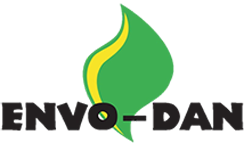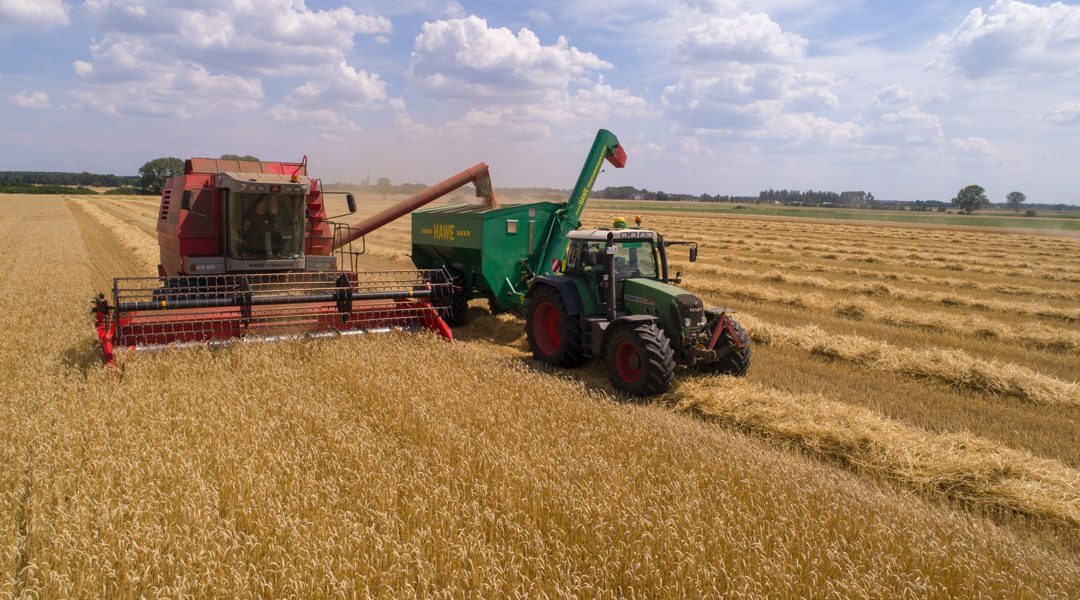Why do farmers use glyphosate?
The most frequently used pesticide in the world, glyphosate, has been connected to a number of cancers as well as having a negative impact on both human health and the environment.
Why is glyphosate used in agriculture? Conventional farmers have utilized the pesticide glyphosate for many years to control weeds in order to optimize the production in their fields. Whereas organic farmers have to look for other methods like crop rotation, timely sowing of crops and the use of agricultural weed burners.
However, concern for the environment and human health force the decision-makers to take action about glyphosate, this very popular weed killer in conventional farming.
The procedure to extend the European Union’s market clearance of glyphosate, which expired in December 2022, has begun. But global glyphosate use must be prohibited, and priority must be given to safeguarding human and environmental health, this is at least the clear vision of HEAL, a cooperation working for a better health for everyone.
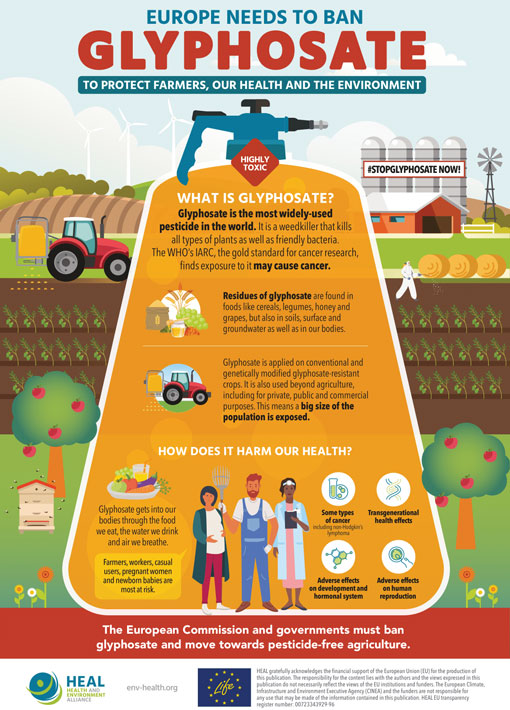
The International Agency for Research on Cancer (IARC) of the World Health Organization (HEAL) stated in 2015 that glyphosate “probably causes cancer in humans,” but in late 2016, the European Food Safety Authority (EFSA) proclaimed that the evidence did not support this classification and that glyphosate did not pose any other health risks to people.
As a result, the European Commission published a preliminary request to extend Glyphosate’s fifteen-year market authorization.
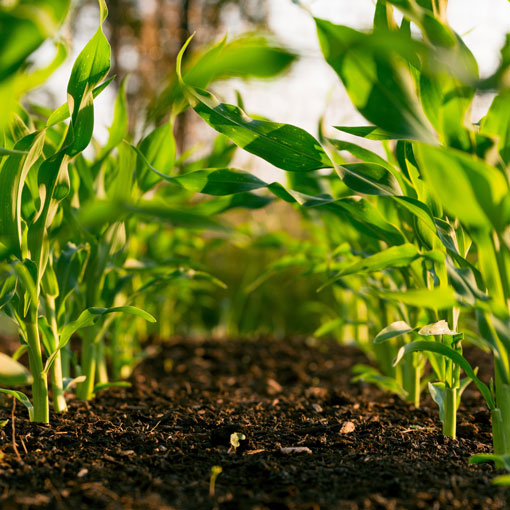
Report about glyphosate did not inform about the risks of cancer
This decision was criticised by scientists and civil society organizations for lacking transparency and scientific neutrality, as well as for being primarily based on studies and findings supported by industry rather than academic research. In fact, a scandal arose in 2017 when it became clear that major parts of the EU evaluation report of glyphosate were copied directly from the initial application made by the industry, and information about its link to cancer was kept a secret.
Because of this, the Association of European Cancer Leagues (ECL) and HEAL urged the Commission to totally outlaw glyphosate and set specific goals for a future free of pesticides in response. Glyphosate’s use in the European market was extended by European government representatives in 2017 until December 2022.
Although the industry still needs a new license to use glyphosate, the fifteen-year renewal period has been shortened by the European Commission to five years. The European Parliament established the PEST Committee to review the European pesticide licensing process in response to political and public uproar. But time is running out and the use of glyphosate must be banned worldwide, and priority must be given to the protection of human and environmental health.
>>> Read the full article from HEAL – Health, Environment, and Alliance.
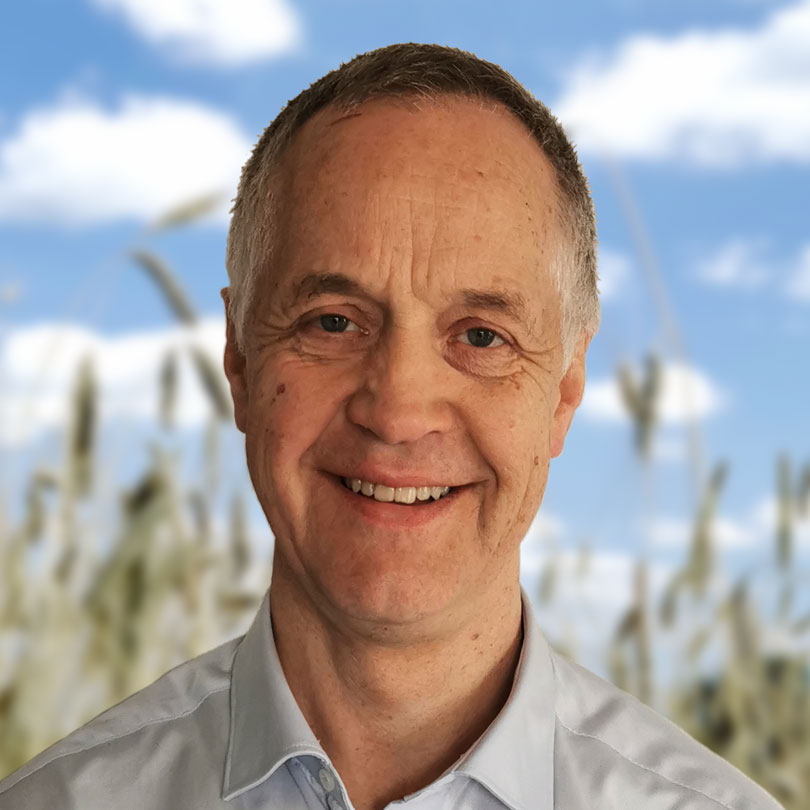
Need a professional weed burner?
Write to us or call for a free quote! We will advise you about the right weed burner for your needs.
Ole Bo Jensen, Owner ENVO-DAN
